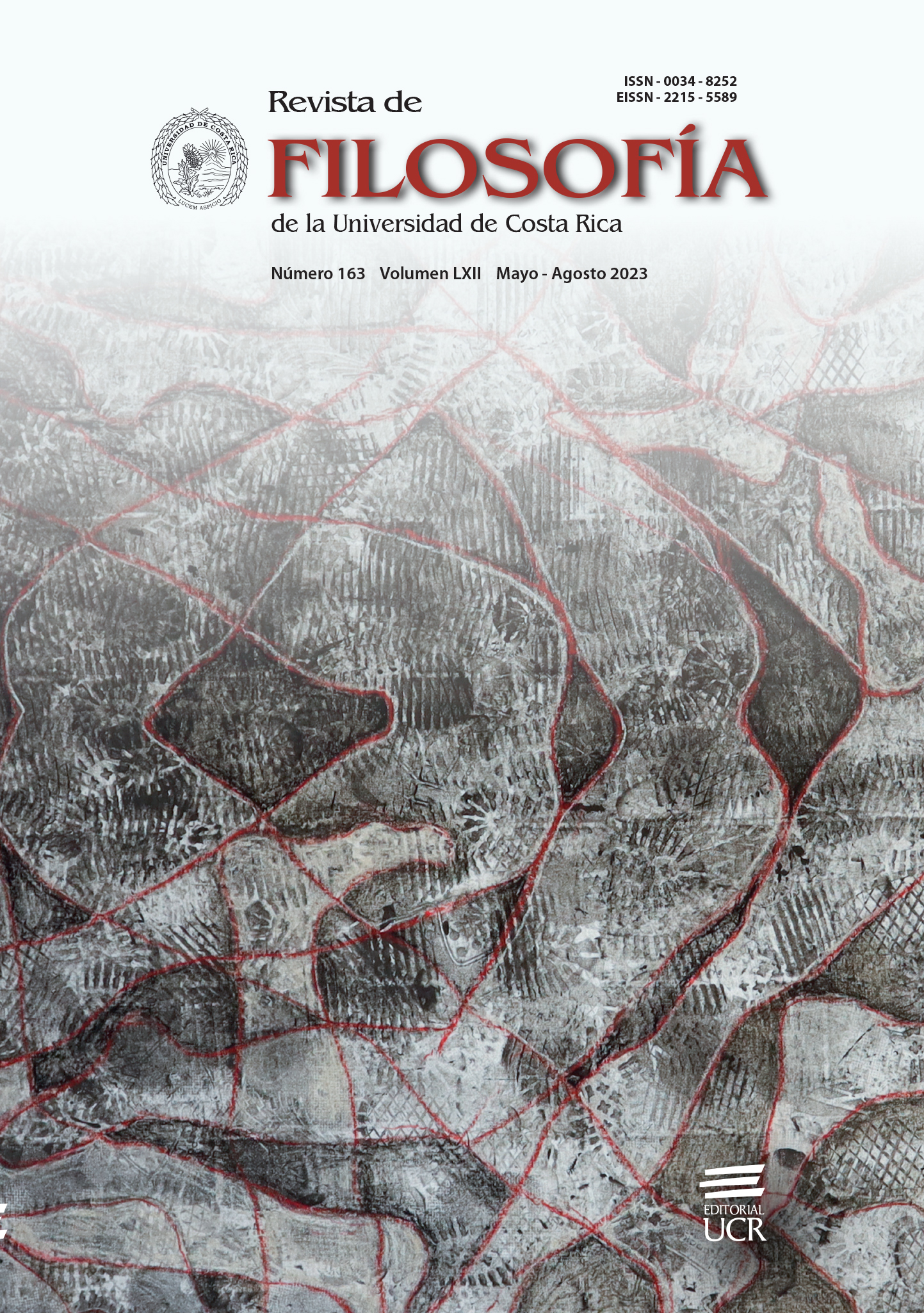Abstract
The objectives of this work are to reflectively and critically describe and compare the meaning of Socratic irony (including the relationship of the Greek with the sophists) and modern irony (particularly of the German romantics at the beginning of the 19th century, whom Kierkegaard criticizes). , including the importance of the term nihilism. It is reviewed and exemplified with extracts from the Kierkegaardian work “On the concept of irony”. The methodology will basically consist of differentiating between Kierkegaard's irony in an eminent sense and irony as infinite and absolute (pure) negativity. We reflect on what the figure and thought of Johan Ludvig Heiberg meant for Kierkegaard's thought and his definition of what an <<ironist>> should be for the Danish philosopher. Kierkegaard's critique of Hegel's perspectives on irony is analyzed, making a comparison of Kierkegaard's understanding of particularity and universality, and its influence on his critique of Hegel. Kierkegaard's critique of Hegel's view of Socrates as a negative figure is summarized.
##plugins.facebook.comentarios##

This work is licensed under a Creative Commons Attribution-NonCommercial-NoDerivatives 3.0 Unported License.
Copyright (c) 2023 Carlos Alberto Navarro Fuentes

